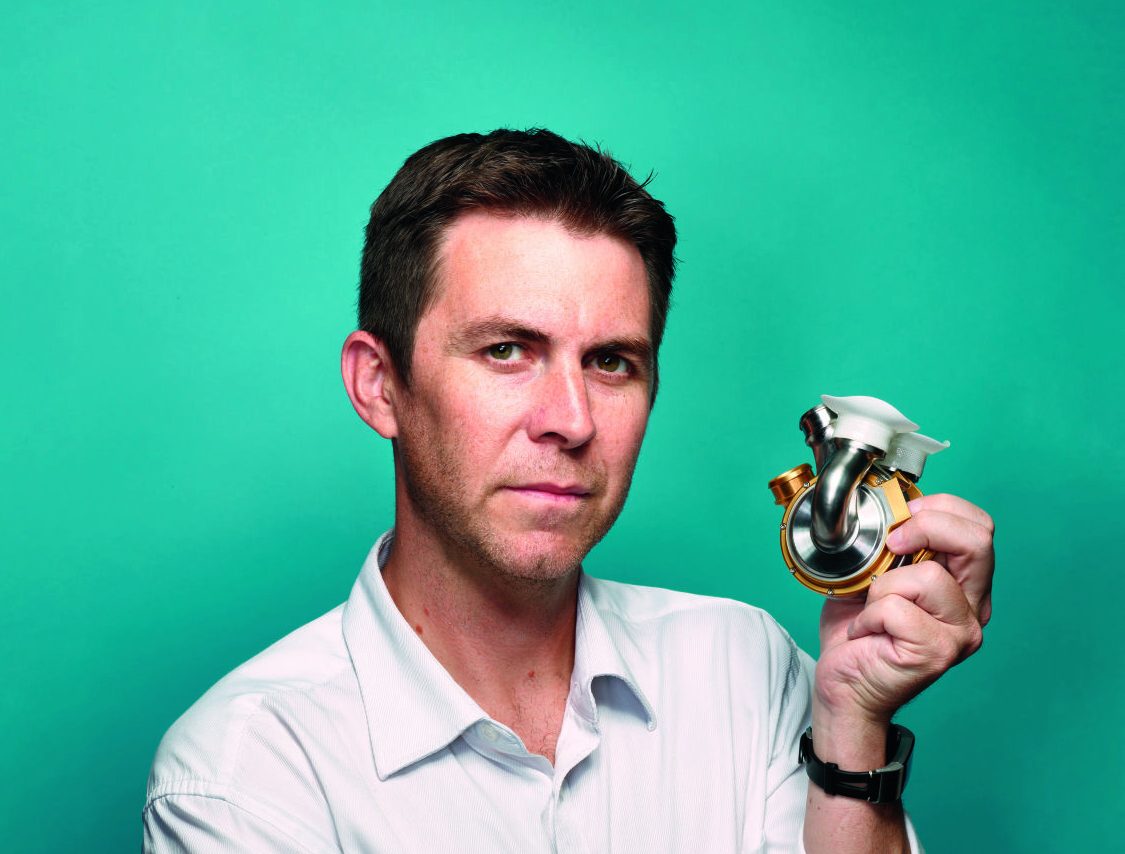Apple is abandoning its years-old effort to build an electric car, Bloomberg reported Tuesday, shifting employees to focus on the booming artificial intelligence space.

Key Takeaways
- The almost 2,000 Apple employees tasked with developing an electric car—a secretive project sometimes called Titan—found out the project was being discontinued in an internal memo from Chief Operating Officer Jeff Williams and vice president of technology Kevin Lynch on Tuesday, Bloomberg reported, citing unnamed sources.
- The decision to stop the project will bring layoffs, according to Bloomberg, though it’s not clear how many employees will be impacted.
- News of the delay comes just a month after Apple delayed the release date of the car by two years, pushing it from 2026—an already-delayed date—to 2028.
- Apple did not immediately respond to Forbes’ request for comment.
Key Background
Apple had reportedly been developing its own autonomous electric car since 2014, seeking to enter the complex and already-competitive auto industry, though details of the project have remained scarce. In 2017, Apple CEO Tim Cook said he saw autonomous driving as “the mother of all (artificial intelligence) projects,” but didn’t discuss Apple’s own development.
The company once reportedly considered building a vehicle without pedals or a steering wheel, but Apple scaled back its plans, shifting last month from a “Level 4” autonomous driving system that can steer itself in some cases to a Level 2+ that would allow for lane centering and adaptive cruise control. Though it would launch Apple into a new category and allow it to compete with other companies like Tesla and major automakers, there were reports the project was costing hundreds of millions of dollars annually.
Big Number
$100,000. That’s how much Apple had envisioned selling its electric car for, Bloomberg reported, though executives were reportedly concerned about potential profit margins.
This article was first published on forbes.com and all figures are in USD.


